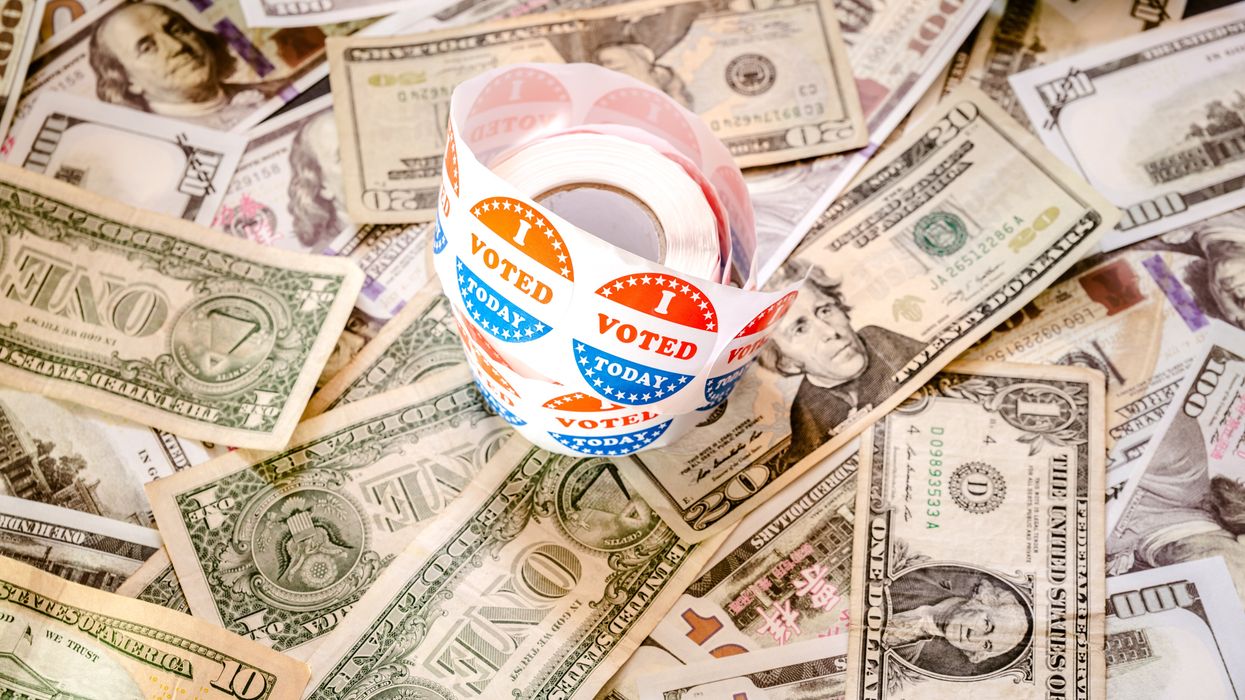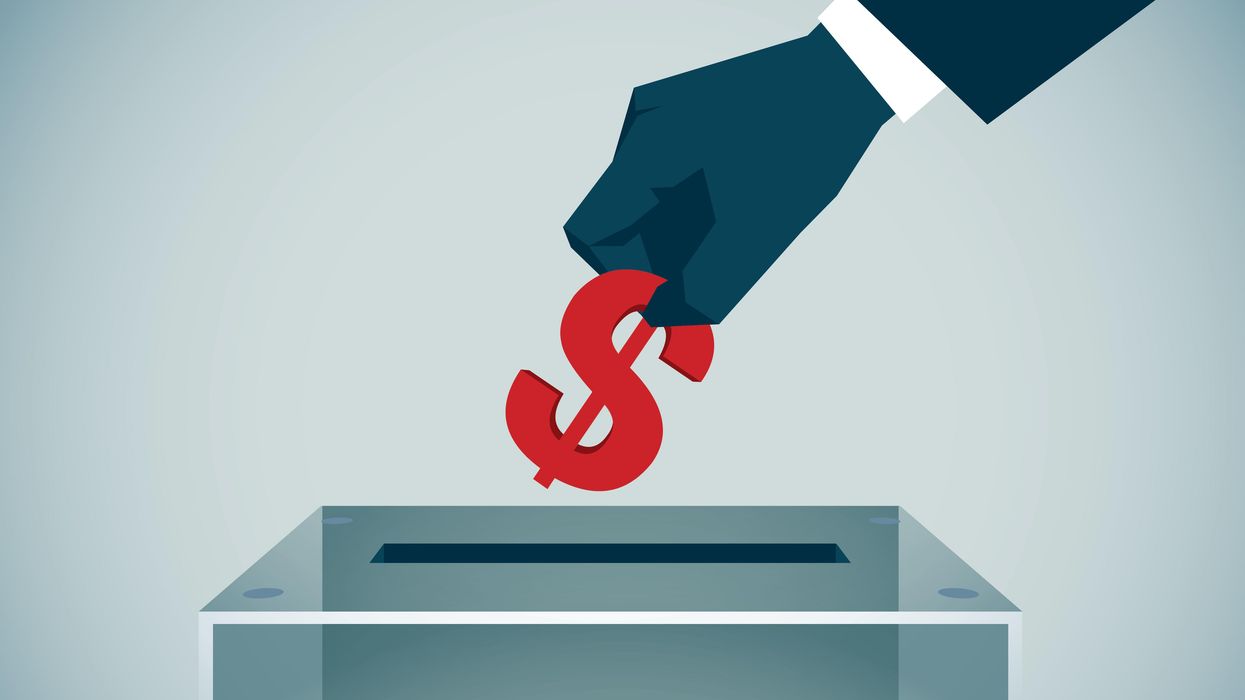A public funding mechanism for Seattle elections is up for renewal in next week's election.
The Democracy Voucher program was passed 10 years ago. It offers voters four $25 vouchers to use each election cycle for candidates who accept certain fundraising and spending limits. Supporters said it is a model for more inclusive democracy, touting higher turnout, increased participation from more small donors and a more diverse candidate field.
Spencer Olson, spokesperson for the group People Powered Elections Seattle, which supports Proposition 1, said the program helps level the playing field.
"It's really important that people's voices are heard and that candidates can run being supported by their constituents," Olson contended. "Versus just listening to those wealthiest donors, those special interests that have historically been the loudest voices at the table and really dominated what priorities rise to the top."
The voucher is supported by a property tax. Olson and other supporters hope to bring the model statewide. Critics said the program is not big enough to make a difference in elections and has not curbed outside spending. Ballots are due by 8 p.m. Tuesday.
Olson pointed out the vouchers have succeeded in encouraging more diverse participation in local elections.
"The intention of the program was to bring a public financing program to Seattle elections to help empower more candidates -- more diverse candidates, women, renters, people of color -- to have equal access to be able to run, and run competitive elections without having to rely on wealthy donors, special interests," Olson emphasized.
Olson noted because the money comes from a dedicated tax levy, unused vouchers roll over to the next election.
"The goal isn't to create an unlimited pot of money but to be able to provide resources for candidates to run with the community's support," Olson stressed. "But it's not a blank check at the same time."
Eric Tegethoff is a journalist covering the Northwest for Public News Service.
Seattle Votes on Democracy Vouchers Designed To Counteract Wealthy Donors was originally published by the Public News Service and is republished with permission.




















Marco Rubio is the only adult left in the room